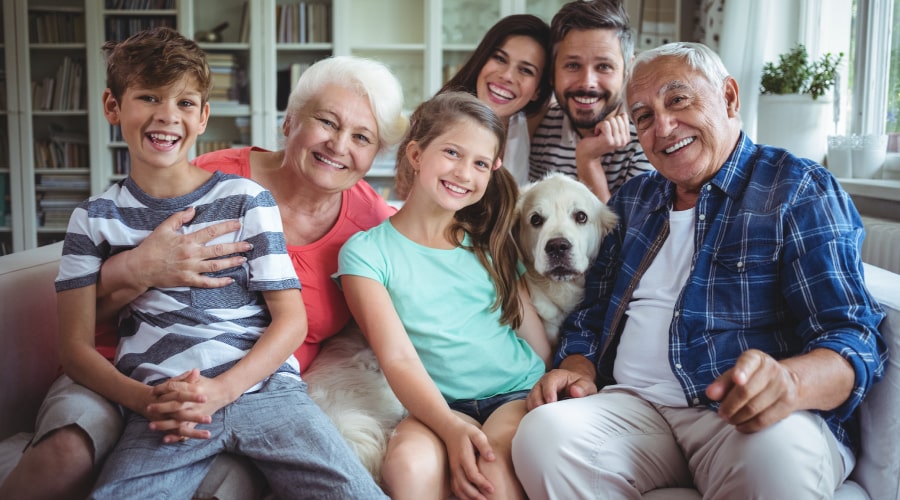
Unlike organ donation, whole body donation supports a broad scope of medical research and education. Human cadavers are essential for teaching anatomy, conducting medical research, and practicing surgical techniques.
The decision to pursue whole body donation near you is a deeply personal one. People choose to become body donors to create a lasting legacy, knowing that their death can benefit future generations and advance medical science. Past donations have helped produce significant breakthroughs in the treatment of diseases.
A whole body donation can change the quality of life for generations to come.
How Does Whole Body Donation Work?
The process of whole body donation is more straightforward than you might think. You do need to register before death to become a donor. You can do this directly through a medical school like Brown University in Providence or through a nonprofit organization like United Tissue Network (UTN). You need to fill out paperwork, provide informed consent, and have witnesses attest to your signature.
UTN coordinates whole body donations in Rhode Island and nearby locations, handling the arrangements and placing bodies with reputable medical research and educational facilities, based on current needs.
After you are accepted into a whole body donation program, family members will notify the program upon your death. Transportation is arranged, typically within 24–48 hours, and your donation is made available to research programs. There may be some testing required to ensure the safety of research partners.
Donated bodies are utilized in a variety of ways, including:
- Medical education: Teaching anatomy to medical and nursing students
- Surgical training: Allowing surgeons to practice complex procedures
- Medical research: Advancing understanding of human diseases and treatments
- Device testing: Evaluating new medical devices
The research and education process may take a few weeks or up to a few years. When the process has been completed, the deceased will be transported to a licensed facility for cremation. Cremated remains may be disposed of ethically or returned to the family members upon prior request.
Depending on the program, there may be some costs to the family for transportation or embalming (if required). UTN covers 100% of the costs, including free cremation.
Who Can Make a Whole Body Donation?
Each body donation program has its own rules. In general, adults 18 years or older are eligible to make a whole body donation near you in the Rhode Island area. Certain infectious diseases, such as AIDS/HIV, hepatitis, meningitis, sepsis, tuberculosis, and Creutzfeldt-Jacob disease, disqualify you from becoming a donor because of their contagious nature.
UTN accepts nearly all bodies because it has arrangements with a broad number of reputable medical institutions and educational facilities. This is one of the big advantages of working with United Tissue Network rather than an individual institution. UTN does not have an upper age limit and will work with those who are organ donors.
By comparison, some medical schools will not accept those who are at advanced ages, are organ donors, or are extremely overweight. Placement in a body donation program also depends on need. For example, Brown University may decline an anatomical gift for any reason, including lack of current need. By comparison, UTN has multiple options to place donated bodies.
How Do You Become a Whole Body Donor in Rhode Island?
The easiest way to become a whole body donor in the Rhode Island area is to pledge yourself or pre-register a loved one with UTN. You can fill out an online form and provide some basic medical information. Afterwards, you will be prompted to connect with one of UTN’s compassionate Donor Coordinators who will help you finalize the process and answer your questions.
Once you are accepted into the program, you will receive a Donor Security certification confirming your place in the body donation program.
When you or a loved one passes away, it is critical to contact United Tissue Network immediately. Timing is critical to preserve the body for transportation and placement with a medical education or research facility. UTN will handle the arrangements, working with you, a hospital, hospice care, or other medical facility.
At United Tissue Network, we make every effort to fulfill the wishes of those who want to donate, but we cannot guarantee placement. Although all approvals are decided on a case-by-case basis, most donors are accepted.
To get more insights into how whole body donation near you works or to get answers to your questions, call United Tissue Network at (877) 783-6111.
